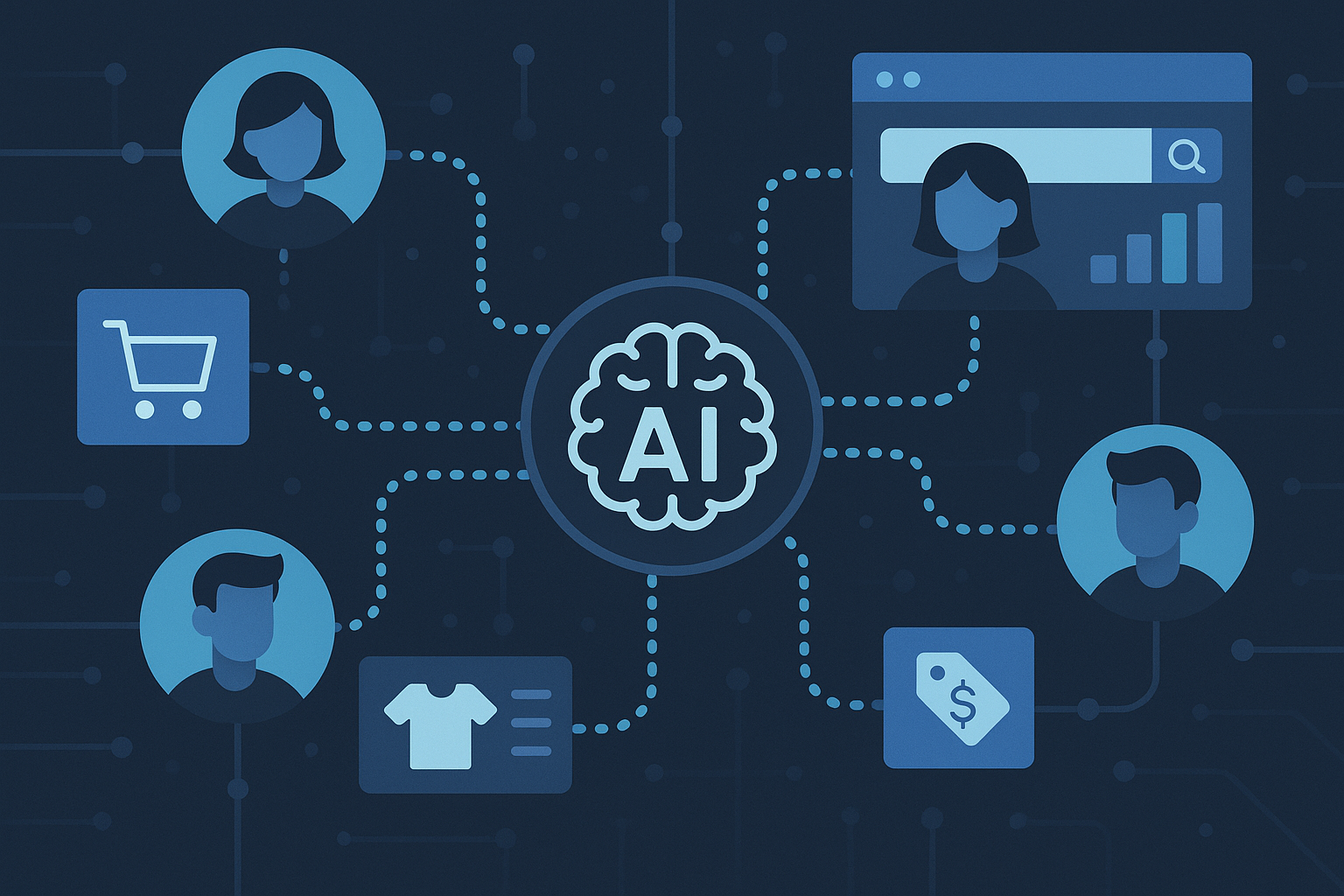Embracing the Future: The Wonders of Renewable Energy
Estimated reading time: 7 minutes
Key Takeaways
- Renewable Energy is transforming how we power our lives.
- Innovations in solar power and wind energy are leading the charge.
- Adopting clean energy has environmental and economic benefits.
- Challenges remain, but progress and creativity continue to drive solutions.
- Staying informed helps in understanding the shifts in energy policy and technology.
Table of contents
Renewable energy refers to the natural process by which we harness power from sources that are replenished naturally, such as renewable resources. These energy types include solar, wind, hydro, and geothermal. As global awareness about climate change grows, so does the shift towards sustainable energy solutions.
What is Renewable Energy?
In a nutshell, renewable energy is derived from natural elements that can be replenished. It is seen as a counterbalance to traditional fossil fuels, which are finite and polluting. As one expert once remarked, “The future of energy is not only bright, it’s renewable.”
The Rise of Clean Energy Technologies
Technological advancements have paved the way for innovations in clean energy. Key developments include:
- Enhanced efficiency in solar panels.
- More reliable wind turbines.
- Improved energy storage methods.
- Integration of smart grid technology.
Challenges in the Transition
Despite its promise, transitioning to renewable energy isn’t without challenges. Some notable hurdles include:
- Infrastructure updates required to support diverse energy sources.
- Economic and political factors influencing policy changes.
- Balancing demand with the intermittent nature of some renewable sources.
Future Outlook
Looking ahead, experts believe that technological breakthroughs will continue to mitigate current challenges. Strategic investments, supportive policies, and increased public awareness are crucial to paving the way for a sustainable future powered by clean energy. As the rate of adoption grows, so does our collective responsibility to ensure a greener planet.
Frequently Asked Questions
Q: What distinguishes renewable energy from conventional energy sources?
A: Renewable energy is derived from natural processes that are continuously replenished, such as sunlight and wind, unlike fossil fuels which are finite and contribute to pollution.
Q: How reliable are renewable energy sources?
A: Despite variability in some renewable resources, advancements in technology such as energy storage and smart grids have significantly improved their reliability.
Q: Where can I learn more about renewable technologies?
For further reading, visit the Renewable Resources page and explore detailed insights on the latest developments in clean energy.


